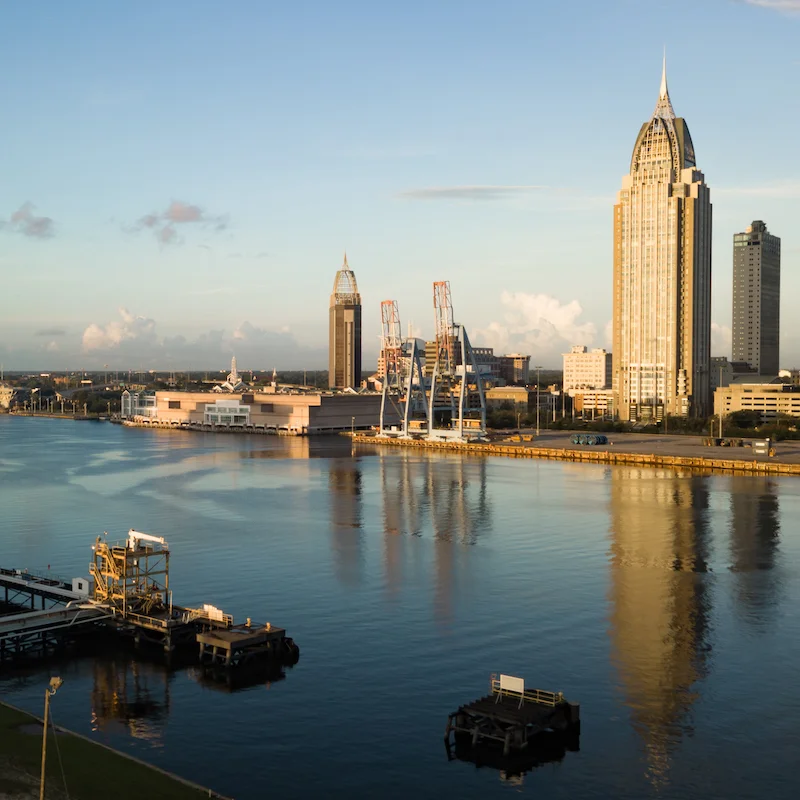WHY ALABAMA
Competitive Taxes & Incentives
Why Alabama
Thrive in Alabama
One-stop environmental permitting
15-year carry-forward of net operating losses
Inventories and goods-in-process are not taxed

Job Credit
Sales & Property Tax
Abatements
According to the Reinvestment and Abatements Act, with New Facility and Expansion, there is an abatement of non-educational portion of property tax and an abatement of non-educational portion of sales and use taxes on construction materials.
With existing facility refurbishments and upgrades, or facilities placed back in service there is an abatement of non-educational sales and use taxes on construction materials and equipment. There is an abatement of non-educational property taxes of the incremental property tax increases. And an exemption from taxes for increased utility services for up to 10 years, plus, AIDT worker training.
AIDT
Hailed as one of the nation’s most effective workforce training programs, Alabama Industrial Development Training, or AIDT, has provided state-of-the-art industrial training to thousands of workers of Alabama industries. AIDT’s services are cost-free for qualifying new and expanding industries in Alabama. AIDT was awarded ISO 9001:2015 certification by the International Organization for Standardization.
Opportunity Zones
Foreign Trade Zones
Alabama is located in the center of the fastest-growing region in the United States, the Southeast, and is an ideal hub for foreign-based businesses and businesses with an international focus. Currently, more than 425 foreign-based companies from more than 30 nations operate in Alabama. Located on the Gulf of Mexico, Alabama is a gateway to the rapidly growing markets in Mexico, Central America and South America.





